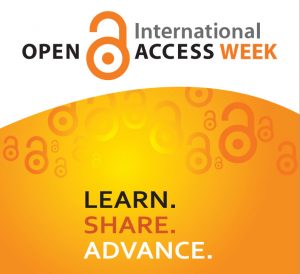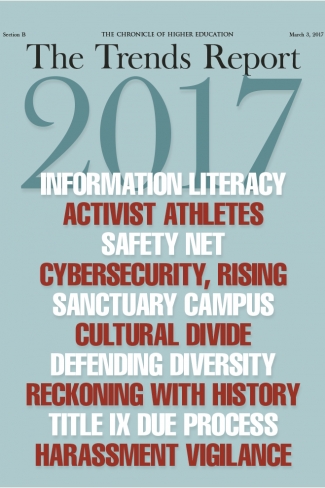
Open Access Week (Oct. 25-31) is an opportunity for academic and research communities to continue to learn about the benefits of Open Access and Open Educational Resources. The Ames Library faculty are offering multiple educational opportunities during Open Access Week. These events are targeted towards faculty and staff, but interested students are also welcome! If you want to learn more about Open Access and Open Educational Resources in general, please visit the Ames Library’s Scholarly Communication Guide.
Exploring Open Educational Resources Faculty Panel
Following a brief introduction to OER, faculty members from Educational Studies, Psychology, Political Science, and Theatre Arts will briefly describe their experiences with exploring OER options to replace traditional course materials. Panelists will then take questions from the audience. This work was funded by small OER grants from the Ames Library.
Monday Oct. 25, 4:15-5:15PM
In-person in the Beckman Auditorium, Ames Library
or Zoom livestream:
https://us02web.zoom.us/j/86897572137?pwd=MmloMXY3MHRPZ0ZKRTFudUxteDU0UT09
Copyright Basics/Q&A
Stephanie Davis-Kahl, University Librarian & Copyright Officer, will review our Copyright guide with a focus on teaching and learning.
Tuesday, October 26, 4:30–5PM
Zoom only: https://us02web.zoom.us/my/stephaniedk
Extending the Reach of Scholarly and Creative Works
DigitalCommons@IWU is one component of IWU’s own contribution to Open Access. In this session, Meg Miner will provide an overview of the ways DC@IWU and its companion platform Selected Works help expand the audiences for student and faculty work.
Wednesday Oct. 27, 12:10-12:40PM
Zoom only: https://us02web.zoom.us/j/82079824716?pwd=WmJobDV2djBRc2FmRm00Y25GSU5GZz09
Beyond the Book: OER Learning Objects
While textbooks may be the first open educational application that springs to mind, much of the OER movement has focused on open educational objects: discrete pieces of information that can be used in various contexts and combinations. This presentation will introduce you to several library-produced objects centering around fake news and plagiarism and allow you to have a voice in what other objects would best serve the IWU community. Presented by Abby Mann, Online Learning Librarian
Thursday, Oct 28, 4-430PM
Zoom only: https://us02web.zoom.us/j/4822493204?pwd=TGpialgxR1hRZFc1NUNMYjFhL3M5Zz09
For any questions about these events or OA / OER, please contact Chris Sweet, Scholarly Communications Librarian at csweet@iwu.edu





